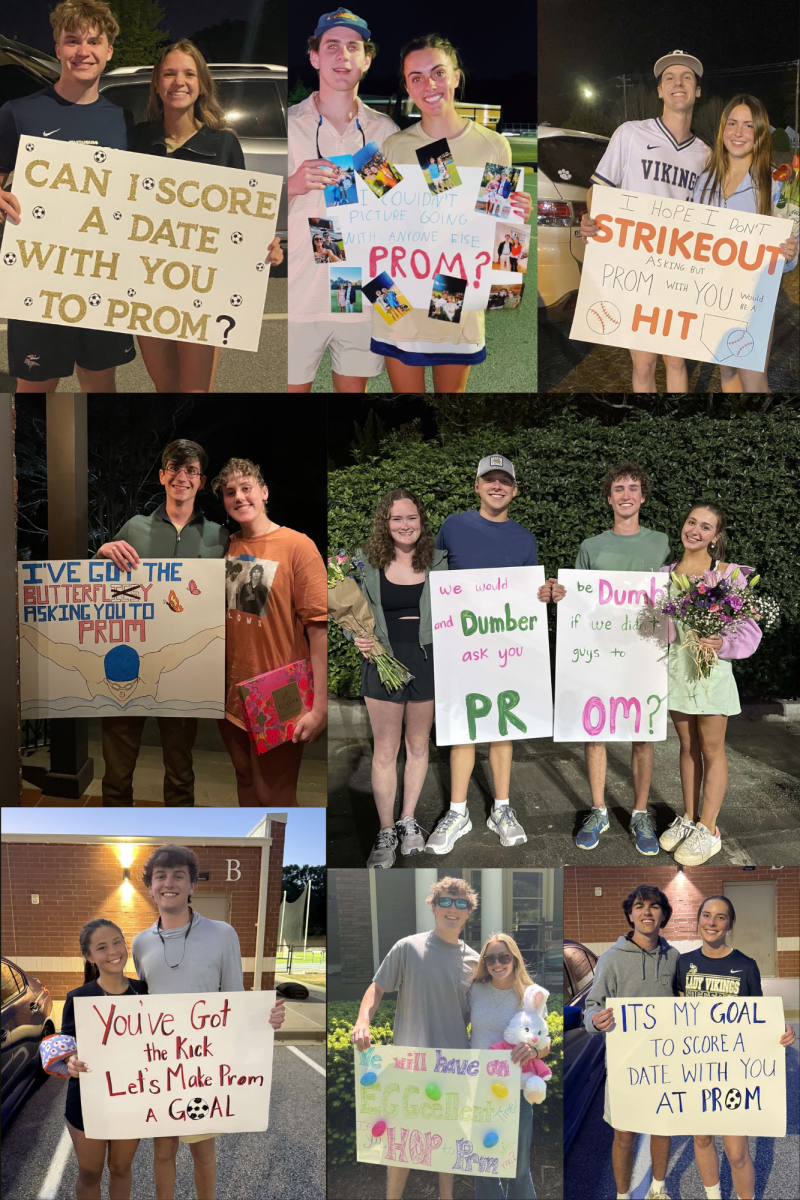Popular newsfeeds have been producing story after story, trying to catch up with the latest events and gossip. Headlines about global events such as the Maui wildfires and the SAG-AFTRA strikes have been seen across numerous social media platforms, broadcasting the news for all to see. The only catch: most of the news released is negative in spirit.
This increase in so-called “negative news” was first noticed after the COVID-19 pandemic, when most headlines were about the rapid spread of the virus or the turmoil that followed in its wake. Readers were suddenly faced with article after article about yet another heartbreaking and somber story. The constant barrage of negative news eventually started to affect the mental health of readers.
Dr. Goali Saedi Bocci is a licensed clinical psychologist who has published numerous books about the effects of social media on the mental health of users. In her interview with Pepperdine University, Bocci stated that being constantly subjected to severe media and depressing news has a negative effect on viewers’ mental health.
“Being exposed to such severe media really brings up existential concerns for people,” Goali said. “And many people are experiencing bad news fatigue, feeling worn out, overwhelmed, unmotivated, hopeless and depleted.”
Researchers aren’t the only ones who have noticed the effects that negative news can have, as Micah Kennedy (12) has noticed the effect on his friends and classmates.
“Whenever something negative pops up on my social media feed, I try to scroll past it,” Kennedy said. “Everything on the news seems so negative, so I end up not watching it.”
In a research study conducted by Pew Research, it was found that eight in 10 Americans get their news from digital devices, as opposed to television or a printed source. Most of the news accessed from digital devices was from social media and was mostly used by readers in their 20s or younger. Further research has concluded that having negative news constantly available has led to an increase in anxiety, depression and overall distress.
As a result of this, younger generations are more susceptible to being affected by negative news, including high school students, who are already under pressure due to school and other activities. Students who often obtain their news or entertainment from social media are the most at risk of being affected by negative news.
Despite the multiple research studies that only focus on the negative aspects of sad news, there are ways to counter its effects. In her published research article, Robin Blades suggests participating in social and physical exercise can help relieve the influence of negative news and media.
Layla Latefi (12) has experienced the effects of being constantly exposed to negative news by social media platforms.
“Personally, seeing negative news constantly can be mentally degrading. It also tends to put me in a bad mood,” Latefi said. “To find positive news, I follow social media accounts that only post positive information. It usually helps combat the constant and abrupt negative news.”









